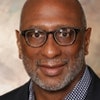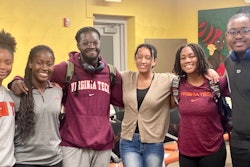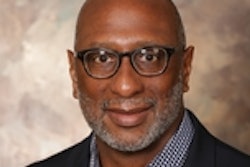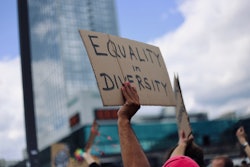As more states with conservative leaders pass laws to end or curtail diversity initiatives in higher education, a number of higher ed stakeholders say they are intensifying efforts to ensure access and success for the very students who are being targeted.
Cheryl Crazy Bull has been president and CEO of the Denver, Colorado-based American Indian College Fund since 2012, and she previously served as a president and a vice president of two tribal colleges, so she has seen the higher ed landscape for indigenous students change over the years.
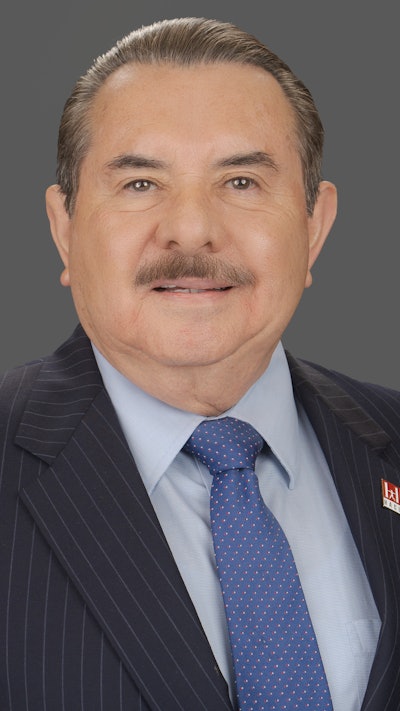 Dr. Antonio R. Flores
Dr. Antonio R. Flores
Crazy Bull is referring to South Dakota Gov. Kristi Noem’s 2021 executive order declaring that public colleges’ diversity centers and multicultural offices, which served ethnic minorities as well as other marginalized students including LGBTQ+ and veterans, would be replaced by “opportunity centers.” Noem had previously accused the diversity spaces of “advancing leftist agendas.” Despite opposition from student groups and after a number of faculty and staff resignations, the replacements have taken place.
South Dakota is just one example of Republican-led states taking action against diversity, equity, and inclusion efforts in academia. As the country celebrates Pride Month, states are passing a flurry of laws against transgender and other LGBTQ individuals and diversity curricula.
Crazy Bull pointed out the importance of higher ed leaders having a clear sense of purpose in the face of these actions. For her, that purpose is deeply rooted in her understanding of the struggles of her community. “I often talk about the tribal college movement, tribal higher education supporting tribal self-determination and individual self-determination, so that our people can be prosperous.” However, she noted, Native student enrollment is declining across the country. “There are lots of barriers including financial ones, but the really big one is, can students even see themselves in the path to attending a higher ed institution.” She explains that, given the decline, support services are being scaled back in many states at a time when they are needed more than ever.
“I think it’s really important for all of higher education to be really in tune with this social and economic environment,” said Crazy Bull. “The United States was built on the blood of Native people and Black people and other people of color.”


